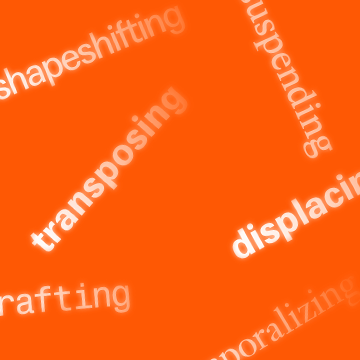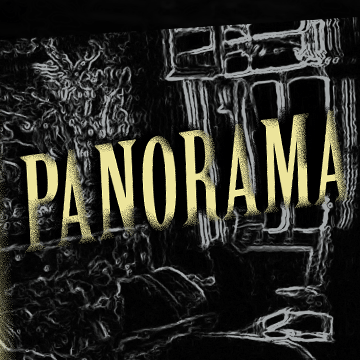Archives on Show brings the potential of reformulating the social and political relevance of archives by curatorial means into focus. Based on the specific properties, faculties and methods of curation, the volume highlights those techniques and strategies that deal with archives not only to make their genesis and history apparent but also to open them up for the future.
Tag: HKW
Panorama
Navina Sundaram is sitting in the editing room in Hamburg. She has managed to reduce the complexity of the Kemal Altun case to the required 2 minutes and 40 seconds for the political magazine; a journalistic feat considering the legal terminology and the international political situation, which must be presented in simple terms. She places her interview with the judge at the back. The audience therefore first gets an impression of perhaps the best-known deportation prisoner of the republic on trial here.
Archives & Crime
To enter a collective archive is to carry an anonymous corpse on your shoulders. You are not investigating how this corpse met its death so much as feeling impelled, somehow, to fill in the gaps that render it anonymous. Whether or not you are hoping to tell the story and share it with others, you might be able to give this corpse a name and lend a meaning to its life. The corpse is the researcher’s question.
Coming to Know
Coming to Know asks how listening to the past together might transform our sense of the knowledge held in common. It sets aside the visual techniques of the archaeological site, the museum, and the larger project of colonial modernity, and instead constitutes itself as a resonant structure—a future-oriented monument to historically situated listening bodies as well as a dwelling place for community now.
A Slightly Curving Place
A Slightly Curving Place asks what it means to listen to the past and its absence which remains. It responds to the practice of acoustic archaeologist Umashankar Manthravadi, whose life and work are a history of sound and technology through the second half of the twentieth century.




